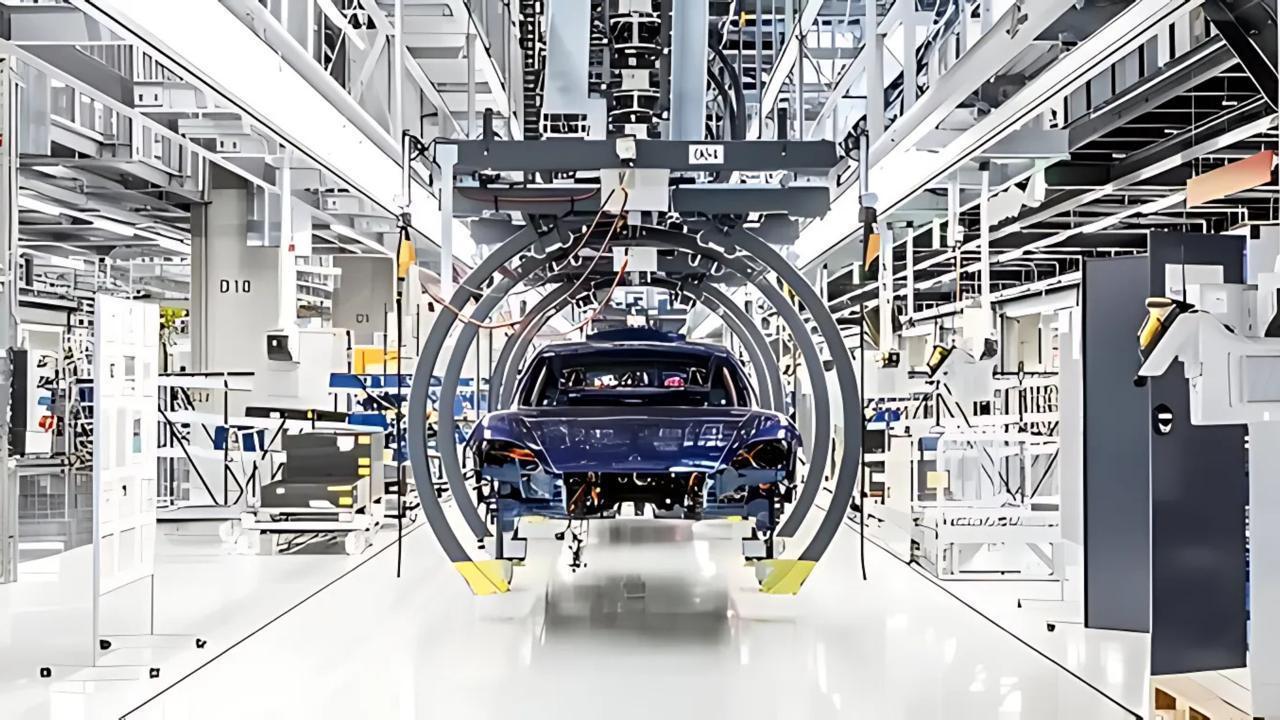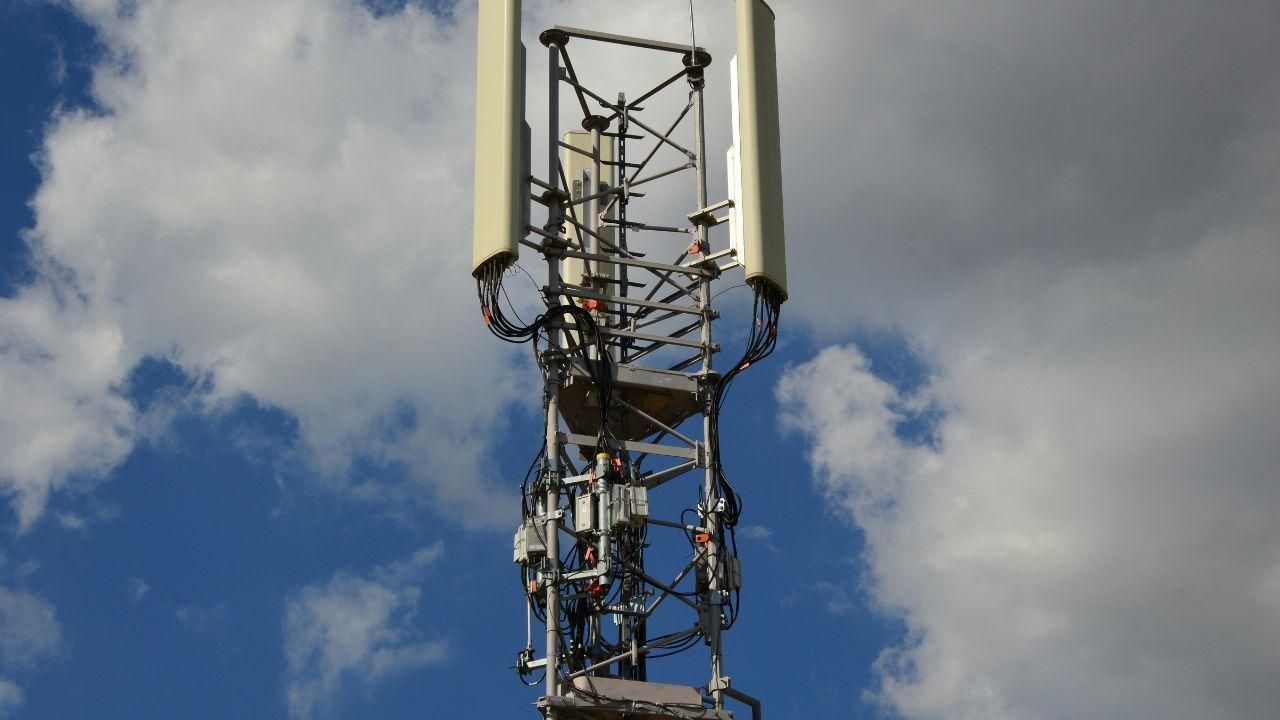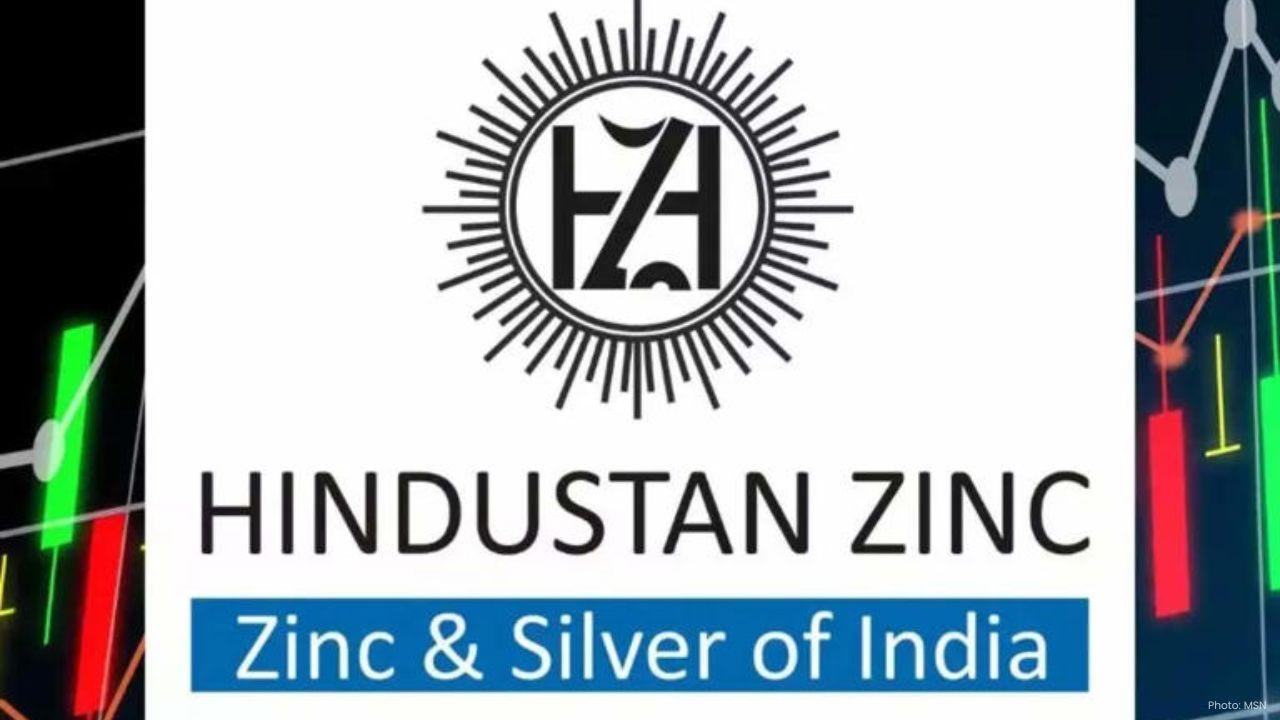
Post by : Amit
Photo : X / Indian Tech & Infra
A Major Step Toward Safer, More Reliable EVs
The Indian government has announced a new rule that will make factory audits mandatory for all suppliers of EV parts operating within the country. This unprecedented directive, jointly issued by the Ministry of Heavy Industries and the Bureau of Indian Standards (BIS), aims to bring a higher degree of consistency, transparency, and safety to the supply chain of one of India’s most promising industries.
The regulation, set to take effect in October 2025, applies to both domestic and international suppliers providing critical components, including high-voltage battery packs, wiring harnesses, power control units, thermal systems, and other essential hardware. Suppliers will be required to undergo third-party audits conducted by agencies accredited by the BIS. According to the ministry, this step is part of a broader strategy to bring the Indian EV sector in line with global norms and ensure that products manufactured in India can compete on both domestic and international stages.
The Need for Reform in a Rapidly Expanding Industry
Over the past five years, India’s EV market has experienced exponential growth, spurred by supportive government policies, growing environmental awareness, and surging demand for cleaner mobility solutions. With this growth has come a vast expansion in the network of original equipment manufacturers (OEMs), Tier 1 suppliers, and a large number of Tier 2 and Tier 3 vendors. However, this rapid expansion has also introduced significant challenges related to quality control, reliability, and consistency across the value chain.
Government officials have expressed concern that the absence of standardized production and inspection frameworks has opened the door to performance inconsistencies, increased risks to public safety, and long-term questions around the durability of EV components. Smaller, unregulated suppliers are often unable to meet the technical standards required for high-performance EV systems, and in some cases, their components have been linked to product failures or premature wear. The new regulation seeks to systematically eliminate these weak links through proactive auditing and certification.
"We are setting up audit mechanisms to ensure every nut and bolt in the EV ecosystem meets international benchmarks," said a senior official from the Ministry of Heavy Industries. This comment underscores the gravity of the government’s effort to enforce not just compliance, but also trust in India's EV market.
Broad Scope of Regulatory Coverage
The new compliance directive covers a wide array of components that are considered mission-critical to the safe and effective operation of electric vehicles. These include high-voltage battery modules, battery management systems, power electronics such as inverters and electronic control units (ECUs), converters, wiring harnesses, connectors, brake-by-wire and steer-by-wire systems, and HVAC and thermal management modules.
Under the new rules, suppliers will be required to maintain detailed documentation of their material sourcing practices, assembly processes, testing protocols, and traceability mechanisms. Auditors will conduct comprehensive on-site inspections to determine whether companies are adhering to international quality norms such as ISO 9001 and ISO/TS 16949, as well as EV-specific technical standards. This will include end-of-line testing, failure rate tracking, recall readiness, and data logging for accountability.
The BIS and the Ministry of Heavy Industries are currently developing a national database where certified vendors will be listed. OEMs will be mandated to source their components exclusively from this registry to remain eligible for state incentives and benefits under flagship programs like FAME India.
Implications for Tier 2 and Tier 3 Suppliers
While large Tier 1 players such as Bosch, Continental, and Tata AutoComp are already operating under globally accepted quality frameworks, the regulation is expected to be far more disruptive for smaller Tier 2 and Tier 3 vendors. Many of these firms lack formalized quality management systems, traceability tools, and the technical workforce required to comply with rigorous audit protocols. As such, they may find themselves at risk of disqualification or losing access to large contracts with OEMs.
To address these risks, the Indian government is taking steps to support smaller manufacturers. The Automotive Research Association of India (ARAI), in partnership with private certification bodies, will offer audit readiness training, quality improvement workshops, and subsidized consulting services for MSMEs. This initiative is intended not as a punitive measure but as an opportunity for capacity building and upskilling, ensuring that Indian SMEs can remain competitive in a more regulated environment.
"We want to support our MSME suppliers in becoming globally competitive. The audit isn’t a punishment; it’s a path to capability building," said a BIS official involved in rolling out the program.
Regulatory Enforcement and Consequences for Non-Compliance
To ensure strict enforcement, a joint audit review panel comprising officials from BIS and the Ministry of Heavy Industries will oversee the evaluation process. Once certified, suppliers will be issued compliance certificates and added to the official digital registry. OEMs that continue to engage with non-certified vendors after the regulation takes effect may be subject to significant penalties.
These penalties include monetary fines ranging from ₹2 lakh to ₹20 lakh, suspension from approved vendor lists maintained by leading automakers, and disqualification from participation in government procurement contracts. In the event of serious breaches, such as safety-related product failures or recall-worthy defects, companies may also face legal liabilities and reputational damage that could impact their long-term viability.
Global Alignment: Matching International Best Practices
India’s decision to introduce such a robust compliance framework is in line with international trends. In the European Union, CE marking and third-party certification have long been prerequisites for critical EV components. The United States, under the NEVI (National Electric Vehicle Infrastructure) program, has also emphasized strict traceability and quality assurance standards for suppliers.
By following this path, India aims to not only enhance domestic safety and reliability but also boost its export competitiveness. When Indian components meet ISO, UNECE, and other international standards, they gain easier entry into overseas markets and attract global OEMs looking to diversify their supply base.
Industry analysts have noted that these changes could accelerate India's ambition to become a global manufacturing hub for electric mobility. Countries and companies alike are increasingly looking for alternative supply chain partners outside of China. With the right regulatory environment, India could step in to fill that gap.
Industry Reaction: Support and Skepticism
The policy announcement has sparked a wide spectrum of responses from industry stakeholders. Large OEMs such as Mahindra Electric and Ola Electric have publicly welcomed the move, arguing that it will bring long-overdue transparency and help build a more trustworthy supply chain. A senior sourcing manager at Mahindra Electric remarked, "This will separate the wheat from the chaff. It will force low-quality vendors to upgrade or exit, which ultimately benefits the end consumer and the industry."
However, small and medium-sized enterprises (SMEs) have expressed concerns over the cost of compliance and the tight timeline. The All India Auto Components Manufacturers Association (AIACMA) has submitted a formal request for a phased rollout, including grace periods and financial incentives for smaller firms. They argue that without such support, a substantial portion of the supplier base may be unable to meet the new requirements, leading to disruptions and potential job losses.
A Shift Toward a High-Integrity Ecosystem
What makes this mandate especially notable is how it reflects a larger philosophical shift in India’s approach to its EV revolution. While initial government strategies emphasized rapid market penetration through purchase incentives and charging infrastructure development, the focus is now shifting toward long-term industrial resilience, quality assurance, and sustainability.
According to a McKinsey & Company report, India’s EV parts supply chain could reach a market value of $60 billion by 2030—if and only if quality benchmarks are upheld across all tiers of the ecosystem. Without such standards, the sector risks not only consumer backlash but also losing its position in the increasingly competitive global EV marketplace.
Expanding Compliance to Software and Cybersecurity
The government’s efforts to raise standards are not expected to stop with hardware. By mid-2026, similar compliance frameworks will be extended to software and embedded systems providers. The Ministry of Electronics and Information Technology (MeitY) is currently drafting a separate audit system focused on cybersecurity, real-time control systems, and traceability of safety-critical code used in ECUs and advanced driver assistance systems (ADAS).
This forward-thinking strategy recognizes that the vehicles of the future are as much about lines of code as they are about metal and batteries. As EVs become more connected and autonomous, ensuring the integrity of software will be just as important as ensuring the quality of physical components.
Laying the Foundation for Global Leadership
The introduction of mandatory factory audits marks a turning point in India’s electric mobility journey. It is a clear signal that the country is moving beyond early-stage market stimulation and stepping into an era of mature, standards-driven industrial policy. By insisting on high-quality components and giving suppliers the tools to meet those standards, the Indian government is helping to future-proof its EV sector.
The policy may pose challenges for some in the short term, especially smaller suppliers, but it ultimately serves the broader goal of building a more reliable, safer, and internationally competitive ecosystem. As the world accelerates its transition to clean mobility, India is now better positioned to lead—not just in numbers, but in quality and credibility.
By raising the bar today, India is laying the groundwork for an EV future that is cleaner, smarter, and globally respected.
India, Suppliers, Products










Bengaluru-Mumbai Superfast Train Approved After 30-Year Wait
Railways approves new superfast train connecting Bengaluru and Mumbai, ending a 30-year demand, easi

Canada Post Workers Strike Halts Nationwide Mail and Parcel Services
Canada Post halts operations as CUPW strike disrupts mail and parcel delivery nationwide amid disput

PM Modi Launches BSNL ‘Swadeshi’ 4G Network, 97,500 Towers Built
India enters global telecom league as PM Modi inaugurates BSNL’s indigenous 4G, connecting 26,700 vi

India’s Iconic MiG‑21 Takes Final Flight After Six Decades of Service
After 60 years India retires its MiG‑21 fighter jet, a legendary yet controversial warplane marking

Hindustan Zinc unveils AI hotspot monitoring at Debari smelter
Hindustan Zinc launches AI-powered Switchyard Hotspot Monitoring at Debari smelter to cut outages bo

Chinese experts worked inside sanctioned Russian drone plant
Chinese drone specialists visited IEMZ Kupol supplying parts and drones via intermediaries, deepenin